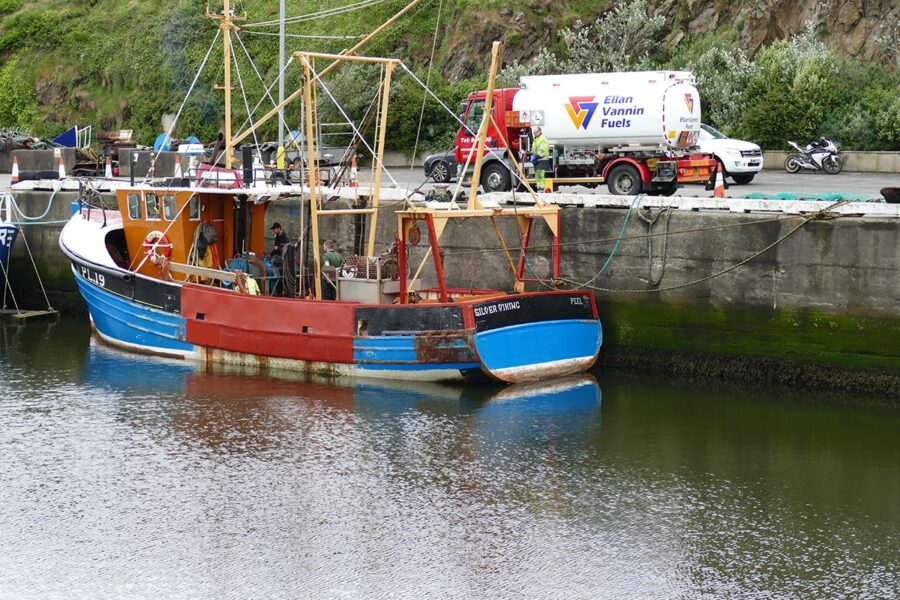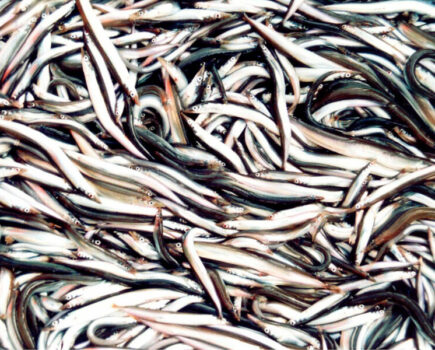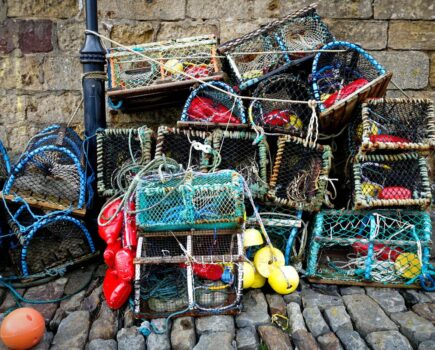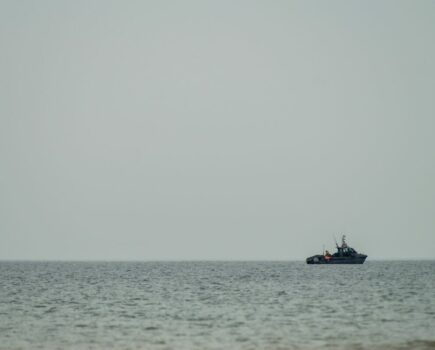The European Association of Producer Organisations (EAPO) wrote this week to the European Commission outlining members’ concerns about the EU Commission Energy Taxation Directive, which it says will threaten the viability of many fishing vessels.
The revised directive, proposed in July of this year, with a deadline for responses of 18 November, aims to encourage a switch to sustainable energy sources, including through increasing taxes on fossil fuels, or removing exemptions to current rules granted to fishing vessels – a step that has huge implications for the fishing industry across Europe.
Writing in response, EAPO said: “At present, no fully fledged alternative energy sources for fishery activities have been created. Therefore, the EU fisheries sector has been looking at other ways to increase the sustainability factor of its activities. The development and use of more efficient fishing gear and engines, of new technologies – such as cruise control and ‘econo-meters’ – and specific training for crew members have helped to reduce significantly the overall CO2 emission of our industry.
“EAPO therefore calls upon the Commission to acknowledge the efforts undertaken by the sector. With the revision of the Energy Taxation Directive as in the proposals, an unfair rise in production costs for our fishermen would occur, which inevitably would be passed on to the consumer, risking a restriction of the availability of EU-produced healthy and nutritious seafood.
“However, in a price-taker environment, the fishing industry is hampered to pass on cost compensations up the chain. In other words, a fisheries fuel taxation would have a negative impact on the fishing companies, the fish supply and employment.
“Therefore, the EU should keep its tax policies aligned to existing international obligations in order to maintain the competitive position of our companies.”
The draft directive envisages a 10-year transition period for the ‘harmonisation’ of fossil fuel taxes across all sectors, which in theory will allow a phase-in of non-fossil-fuel alternatives for the fishing industry.
However, despite advances in technology such as hydrogen fuel cells (where stored liquid hydrogen in conjunction with a large battery is used for power), similar ammonia-powered concepts, and hybrid technology using hydrogen produced onboard from catalytic converters, there is little prospect that such technology will be readily available across the fishing fleet in such a short time.
Speaking to Fishing News, marine architect Ian Paton, of well-known boat design firm SC McAllister & Co, said: “In fishing boat build and design terms, a decade to transition to a new fuel regime is really not long at all. The average fishing boat has an engine that lasts much longer than this, so the majority of the existing fleet will be affected, and be forced in many cases into some sort of retrofit.
“We have seen in the recent transition, from Tier 2 to Tier 3 engines, which must meet new emission standards, how hard it has been for industry to even source engines meeting these new standards, which must be fitted to any new hull not certified by the MCA by the end of 2021.
“Any substantial changes to design or vessel stability needed to cater for Tier 3 diesel engines, which have much more exacting emissions standards than the industry has seen in the past, are going to cause delay, and headache.
“A decade to phase in fuel duties seems a long time – but when vessel design is going to have to cope with the extra weight and space required for technologies that will help replace, or update, engine technology, to cope with these higher fuel costs and emissions standards, and regulators also need to allow for this – it already puts us on a tight schedule.”
This story was taken from the latest issue of Fishing News. For more up-to-date and in-depth reports on the UK and Irish commercial fishing sector, subscribe to Fishing News here or buy the latest single issue for just £3.30 here.








